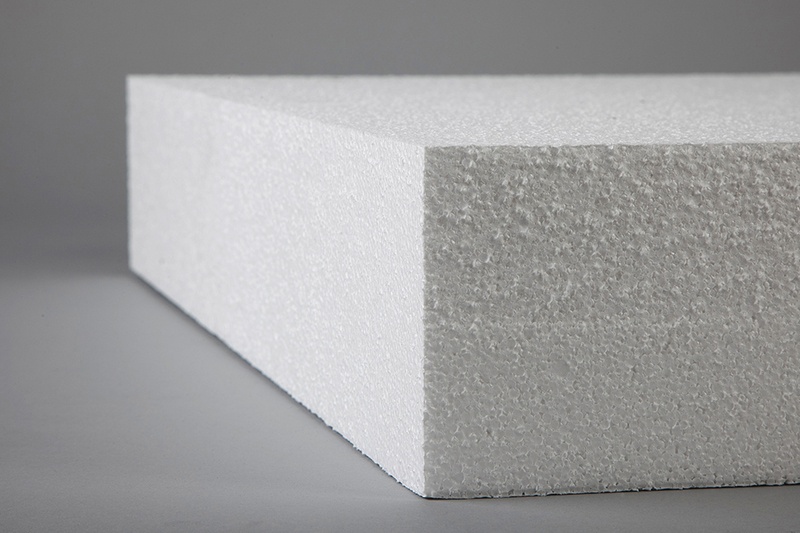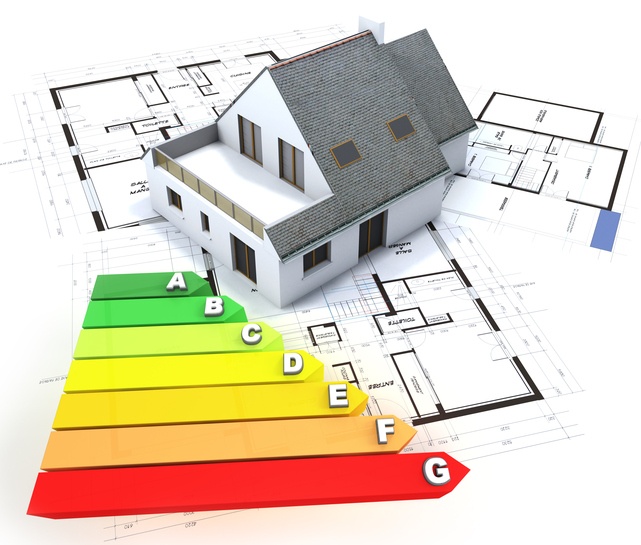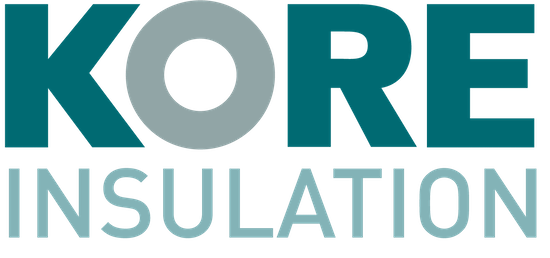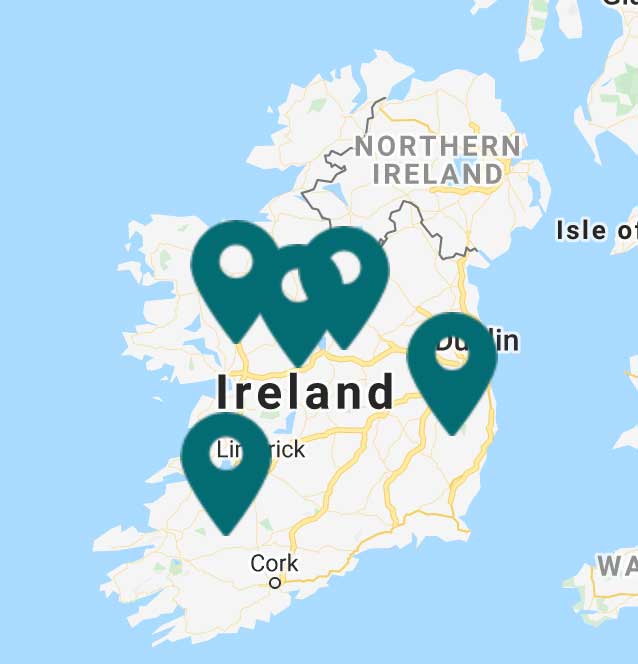
How do you normally choose the material you use for insulation? Do you base it on performance? Cost? Availability? Do you go with what you know and what you’ve been using for years, or maybe you look for recommendations from other professionals in the industry?
There’s no denying there are plenty of materials to choose from when insulating external walls, floors, foundations, lofts and roofs. Fibreglass, mineral wool, spray foam, cellulose and polyisocyanurate insulation board (PIR) are all common names you’ve probably heard of and even used at some point. Maybe you even use a combination of insulating materials, depending on the needs of your project.
We’re firm believers in Expanded Polystyrene (EPS). Not just because we manufacture it, but because it’s a superior product that can be used on a house from top to bottom. Here’s our top 6 reasons why you should choose EPS for your insulation needs.
1. EPS can be used for just about any insulation application
Expanded Polystyrene is a a versatile product. The raw material can be moulded into just about any shape and size that a project demands. EPS can be manufactured into loose bead and used as bonded bead cavity wall insulation, or moulded into blocks and cut to size for external wall insulation, floor insulation and roof insulation. Since EPS is so lightweight, it’s easy cut and install on the job site, and requires no special safety gear to handle. Expanded Polystyrene is cut to your specific project requirements before it even leaves the warehouse, so all you need to focus on is installing.
You can use KORE Expanded Polystyrene insulation to completely insulate a house:
- KORE Fill – Bonded Bead Cavity Wall Insulation for use in new build and retrofit applications. All you need is a minimum cavity width of at least 40mm for retrofit, or a cavity width of 150mm to meet TGD Part L U-value requirements of 0.21W/m2K for new build applications.
- KORE Floor for a wide variety of floor insulation applications. To meet Building Regulations with underfloor heating, you’ll need 150mm of EPS70 Silver for a U-value of 0.15W/m2K.
- KORE Insulated Foundation for an insulated foundation system. Insulation around the foundation of a building eliminates the wall-to-floor cold bridge and reduces the amount of concrete required by as much as 50 percent – all at a cost comparable to a traditional strip foundation. Expect U-values ranging from 0.09W/m2K to 0.10W/m2K.
- KORE External for external wall insulation applications. KORE External can be used in combination with cavity wall insulation, or on its own for retrofit and new build applications. The thickness you’ll need depends on the construction of the wall.
- KORE Lock or KORE Loft to insulate your attic and roof. We have three roof insulation solutions to choose from depending on your needs or the needs of your client.
2. Expaned Polystyrene is a cost effective solution
EPS is made from 98 percent air, making it a lightweight material that costs less to transport, store and install. While the overall cost of the material depends on the application, the size and thickness required and the location of the job site, it is typically more cost effective to use EPS over a combination of other insulating materials.
Other types of insulation board have been known to break down in wet or damp conditions – a problem that you won’t face with EPS. These products can also “off gas” during its useful life, reducing its thermal performance while increasing thermal conductivity as the material is replaced with air.
The U-values that Expanded Polystyrene provide will last for the life of the product. Unlike other foam insulation products, the air trapped within the cells of EPS are already atmospheric air, meaning off-gas cannot occur. In fact, Expanded Polystyrene is used as a reference material for thermal conductivity by the National Institute of Standards and Technology. The U-values that these samples provide today are the same as they were when taken in 1996. (source).
3. EPS is a stable material
EPS is so stable, in fact, that its performance won’t change at all from the day it’s installed. EPS is manufactured using no toxic chemicals, CFCs or HCFCs. It can be handled without any extra safety equipment and poses very little threat to the environment when handled and disposed of (recycled) properly. Even better, EPS when used as floor insulation, for example, can be installed in wet or damp conditions without causing any deterioration of the material or its performance. PIR board, mineral wool and other insulating materials don’t always hold up so well when exposed to damp or moisture.
4. EPS can easily achieve Passive House values

Expanded Polystyrene has been used to achieve Passive House Certification project after project – or really any low energy build for that matter. One of the only factors that limits its achievable U-value is the thickness of the insulation itself. KORE EPS is available in different grades and densities, like EPS70, EPS100, EPS200 and EPS300. It can be purchased in Standard Density, High Density and Ultra High Density depending on the application and the weight of the load. Foundation systems made from EPS can easily be engineered to handle heavy internal loads by thickening the slab to 200mm and installing EPS300 underneath.
In addition, KORE’s Insulated Foundation System eliminates one of the most critical thermal bridges at the wall to floor junction, making it possible to achieve U-values as low as 0.09W/m2K.
5. EPS has a low carbon footprint
Air is one of the best insulators around, so it’s no coincidence that EPS is made up of 98 percent of it. EPS insulation does exactly what it’s supposed to do – it slows down the transfer of heat. This means a more comfortable indoor environment, less strain on the heating system, less energy required to get the indoor air up to the desired temperature and a decrease in associated carbon emissions. EPS insulation generally saves up to 400 times the original energy used to manufacture the base material.
When compared to heating oil, one of the most commonly used fuels to heat homes, 1kg of EPS saves approximately 400 litres of oil over 50 years. Considering the typical home will have thousands of kilograms of EPS installed, the energy saved can be substantial – and so can the savings passed on to the home owner.
When its useful life has been reached, EPS can be recycled into thousands of other products made from expanded polystyrene, a benefit that most other insulation products just don’t have.
6. We have plenty of EPS to go around
You may have heard that there are shortages of other insulating materials due to problems with the raw material itself. This has lead to unfulfilled orders throughout Ireland and the UK, and allocations and limits on the amount of product that can be obtained by any one company or contractor. There is talk in the industry that these shortages may last for an extended period of time, and may even affect the price as time passes.
Luckily, there are no shortages of the raw material used to manufacture EPS. Even if we experience significantly increased demand, we can continue to fulfill orders with no time delays or allocations necessary. This means no more waiting for material, and more projects finishing by their deadlines when EPS is used for insulation.
There is no compromise on thermal performance by switching to EPS. For example, 150mm of EPS70 Silver provides a U-value of 0.15W/m2K – meeting Ireland’s Building Regulations for floor insulation combined with underfloor heating. Builders looking to meet Passive House Standards could achieve 0.10W/m2K by using 300mm of EPS100 White.
The thermal performance of Expanded Polystyrene is only limited by its thickness. EPS can be manufactured to exact specification, using different densities and thicknesses required by the project.
Choose Expanded Polystyrene the next time you insulate
If you haven’t had a chance to work with EPS insulation it’s never too late. Whether you’re retrofitting an existing building, or planning a Passive House or low energy new build, EPS can easily meet your project’s requirements while allowing you to stay on budget. Whether it’s the cost savings over comparable material, its flexibility with different applications, achieving low U-values or reducing your carbon footprint, EPS is the perfect solution that’s been hiding right in front of your eyes.
Want to learn more about Expanded Polystyrene? Sign up for an EPS Insulation Seminar with KORE. You’ll learn more about this proven material and earn CPD credit hours all at the same time. KORE provides CPD seminars at no cost. Our team will travel to your location and even provide lunch for you and your team. Book a date and time today to learn more about this proven insulation system.

